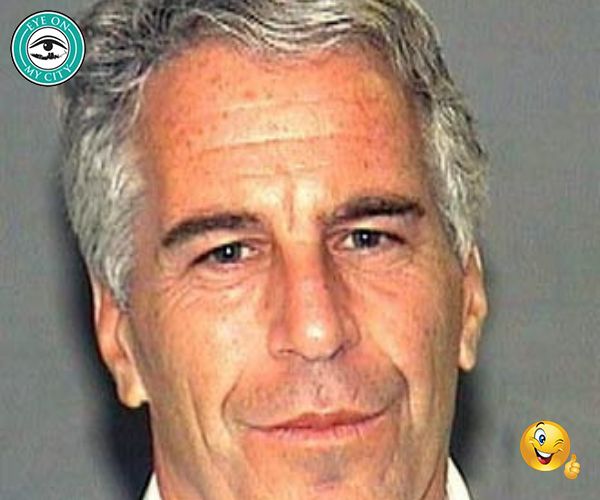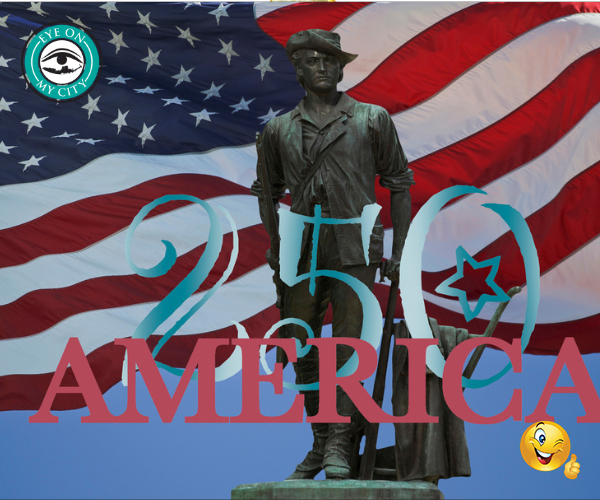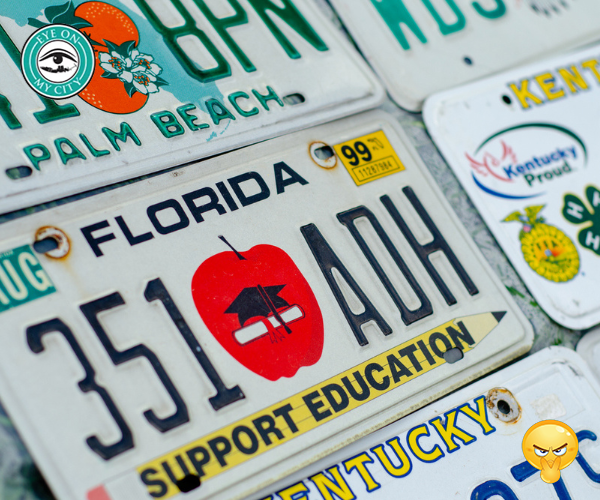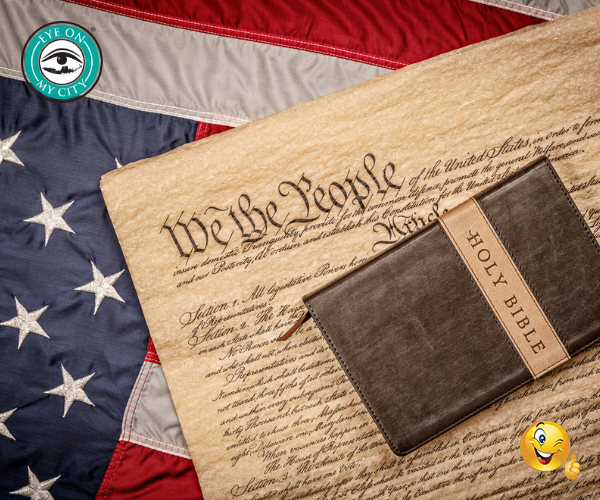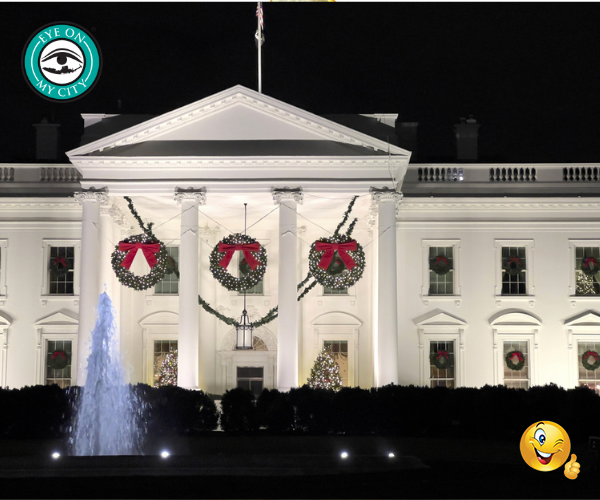PBS —PBS!— ran a story headlined, “Newly released Epstein transcripts: Florida prosecutors knew billionaire raped teen girls years before cutting deal.” It should have said, “Federal prosecutors knew.” But otherwise, it reported the story straight.
Florida Circuit Judge Luis Delgado’s release on Monday of about 200 new pages from the Epstein Grand Jury transcript surprised everyone, since the judge had scheduled a hearing for next week on when and how to release them, and the bookies were giving 7-1 betting odds on whether the judge would survive to hold the hearing.
But the bill Governor DeSantis signed in February allowed the release on Monday, or any time thereafter, and the judge apparently, for some reason, decided to go early. Probably good thinking.
Judge Delgado was not amused by what he’d seen. Delgado wrote, “The details in the record will be outrageous to decent people,” meaning everyone except many people who are in a political party that starts with the same letter as Donald.
The judge pointedly continued, “The testimony taken by the Grand Jury concerns activity ranging from grossly unacceptable to rape — all of the conduct at issue is sexually deviant, disgusting, and criminal.”
In my view, there’s much too little calling out of disgusting sexual deviance these days. Just saying. But I digress.
In the order, Delago properly called Epstein “the most infamous pedophile in American history.” He wrote, “For almost 20 years, the story of how Jeffrey Epstein victimized some of Palm Beach County’s most vulnerable has been the subject of much anger and has at times diminished the public’s perception of the criminal justice system.” Not to quibble, but it’s diminished our perception of the criminal justice system more often that just “at times.” Other than that, I agree.
The new documents related to Epstein’s wrist-slapping 2008 plea deal. The transcripts from his Grand Jury indictment show that the jury heard testimony from victims that Epstein, who was then in his 40s, had raped teenage girls as young as 14 at his Palm Beach mansion. The teenagers testified that Epstein also paid them to find him more girls.
“The younger, the better,” Epstein told them.
In 2019, the Daily Beast ran a story about the sweet deal Federal prosecutors gave Epstein at the time. Former prosecutor Alexander Acosta approved the pathetic plea deal in 2008 that completely immunized Epstein, in exchange for just a year of house arrest.
In 2019, when Acosta was applying to be Secretary of Labor, he was asked whether the Epstein deal would pose a problem for his confirmation. Acosta answered no, because Epstein belonged to intelligence:
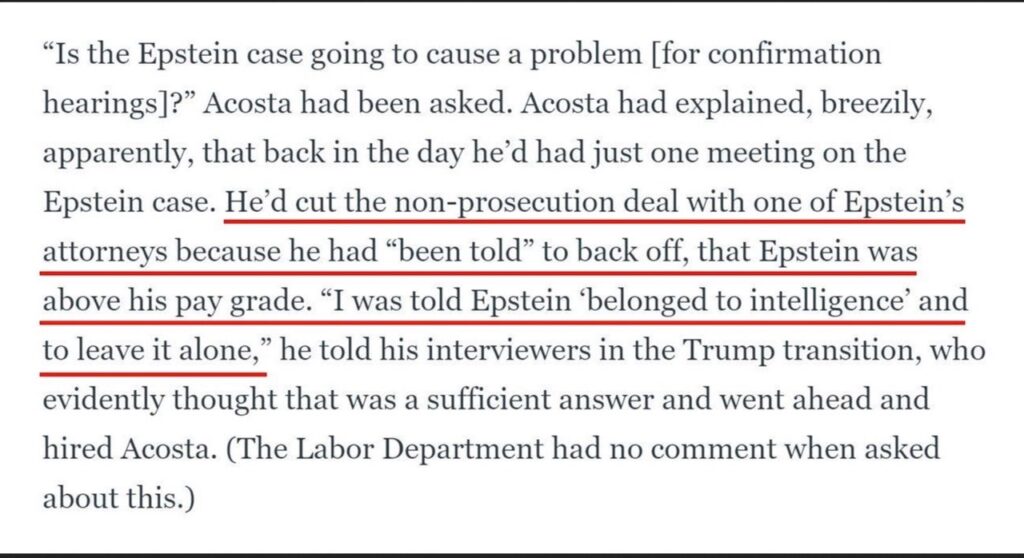
Because of that non-prosecution deal, because Epstein belonged to intelligence, Epstein would go on to continue his pedophilic crime spree and massive blackmail operation for twenty more years. Nobody has ever forced Acosta to explain his comment or say who told him that. No so far, at least.
Here is a link to Judge Delgado’s order with the newly-released documents attached.
Obviously, it includes some very adult material. On an aside, the order suggested that Judge Delgado is not super convinced that Epstein is actually dead:

The Miami Herald, with which I almost never agree, and usually would use it only to soak up spilled lubricating oil or line the cat’s litter box, is actually doing commendable yoeman’s work on the Epstein story. It has nearly single-handedly pushed for these disclosures over the last 16 years, and I happily acknowledge that.
The Herald, finally vindicated after all these years, is bringing the heat. On Monday it ran this ugly headline:

As the judge noted, the new pages included no new names, no magic bullets. But they did show the scope of what Assistant US Attorney Acosta knew when he signed the plea deal, and how he stage-managed the Grand Jury to help get Epstein off the hook. Thanks to these new pages, the government is losing its ability to obfuscate about Epstein’s connections to intelligence, and the reasons why he got such a sweetheart deal.
It raises questions that demand answers. Alex Acosta should be testifying before Congress. Our real limit is how many un-blackmailed Congressmen there are. It’s not “the” Epstein disclosure we’ve long hoped for. But this is nevertheless remarkable progress. One of these days, we’re going to get the answers. And there will be a reckoning. Bless Judge Delgado. And bless Governor DeSantis for passing the law requiring publication of the Grand Jury transcript and its exhibits.

